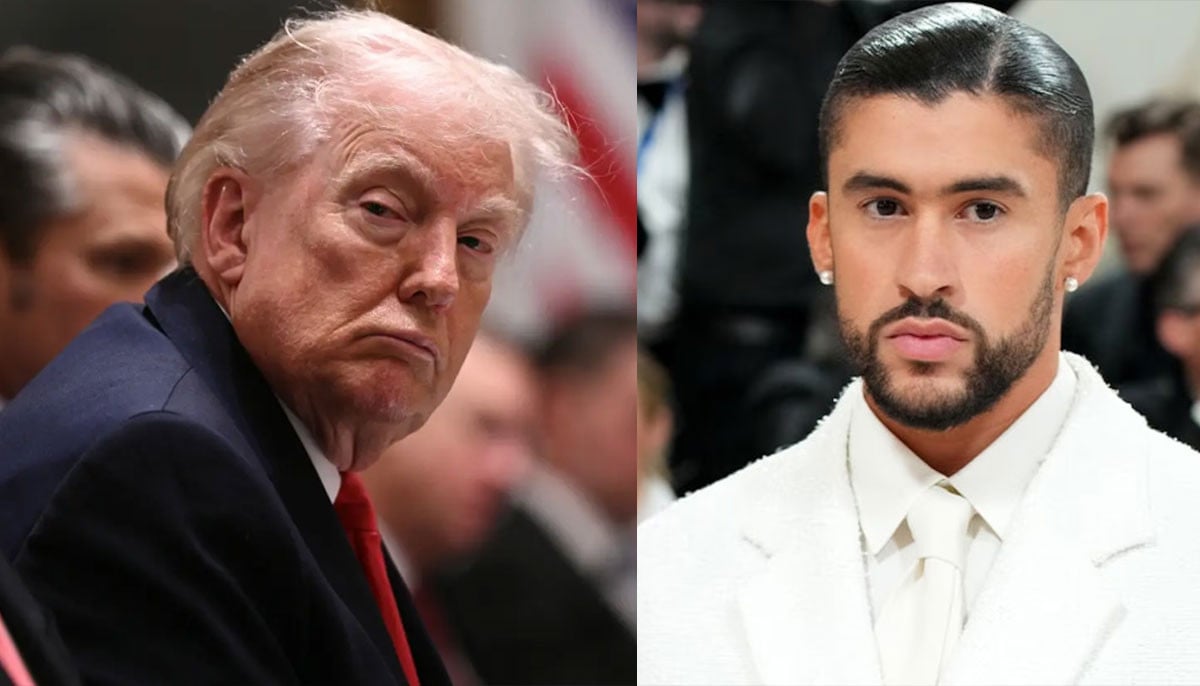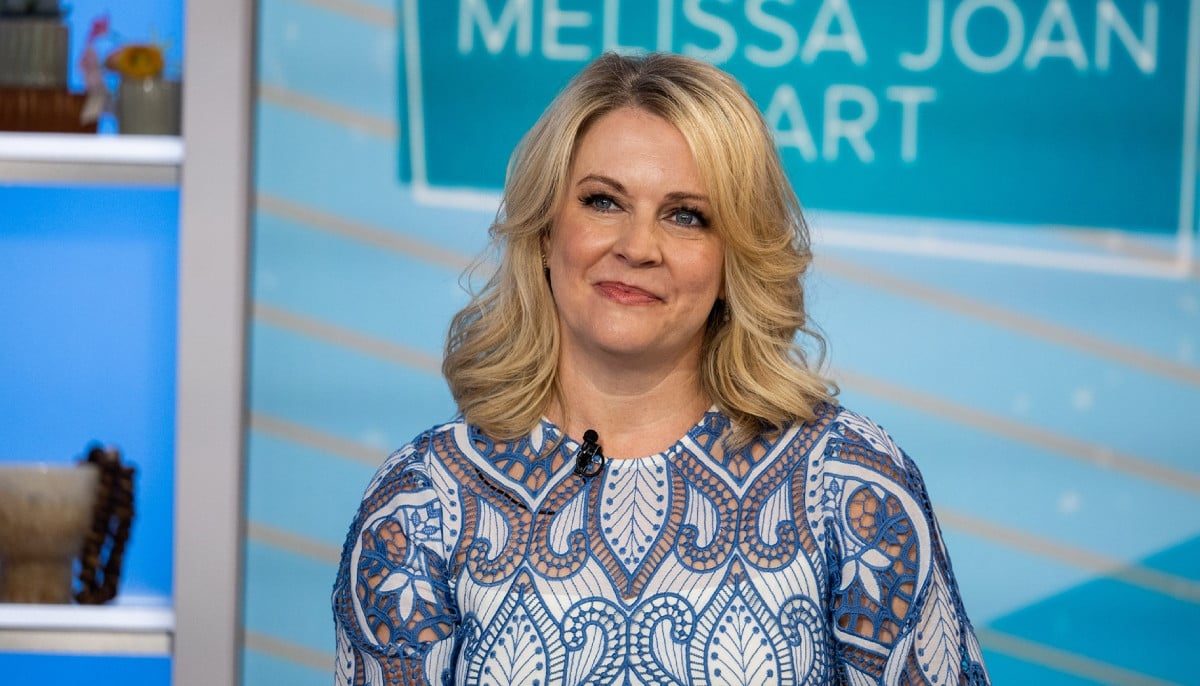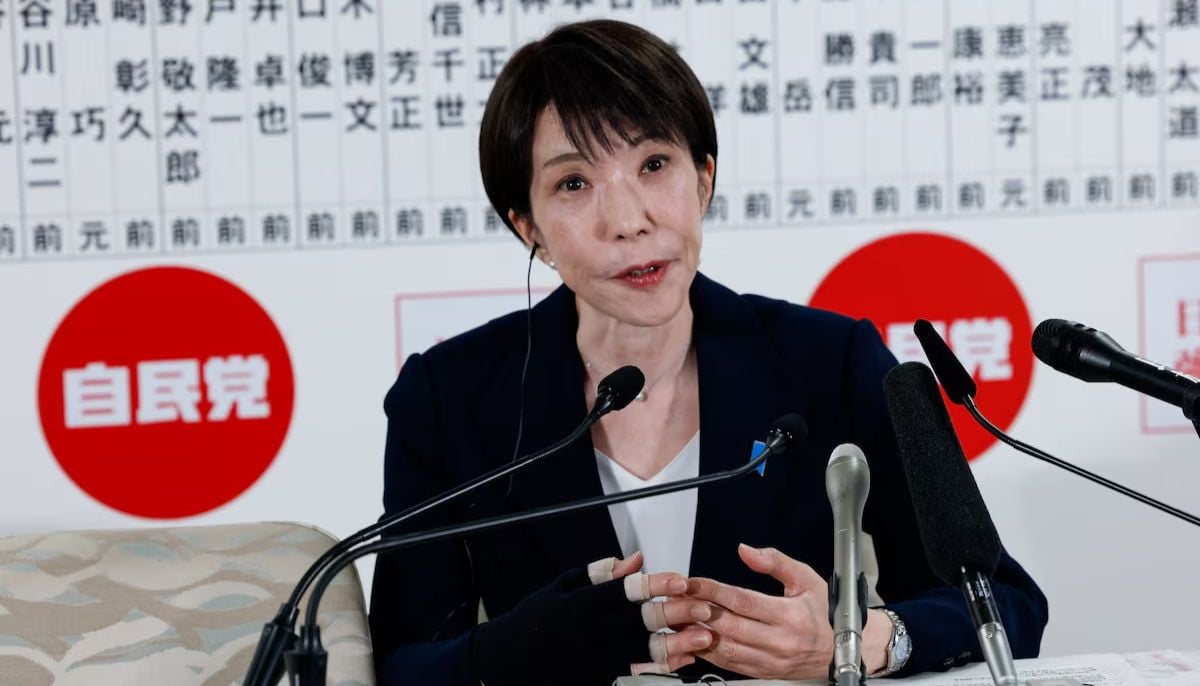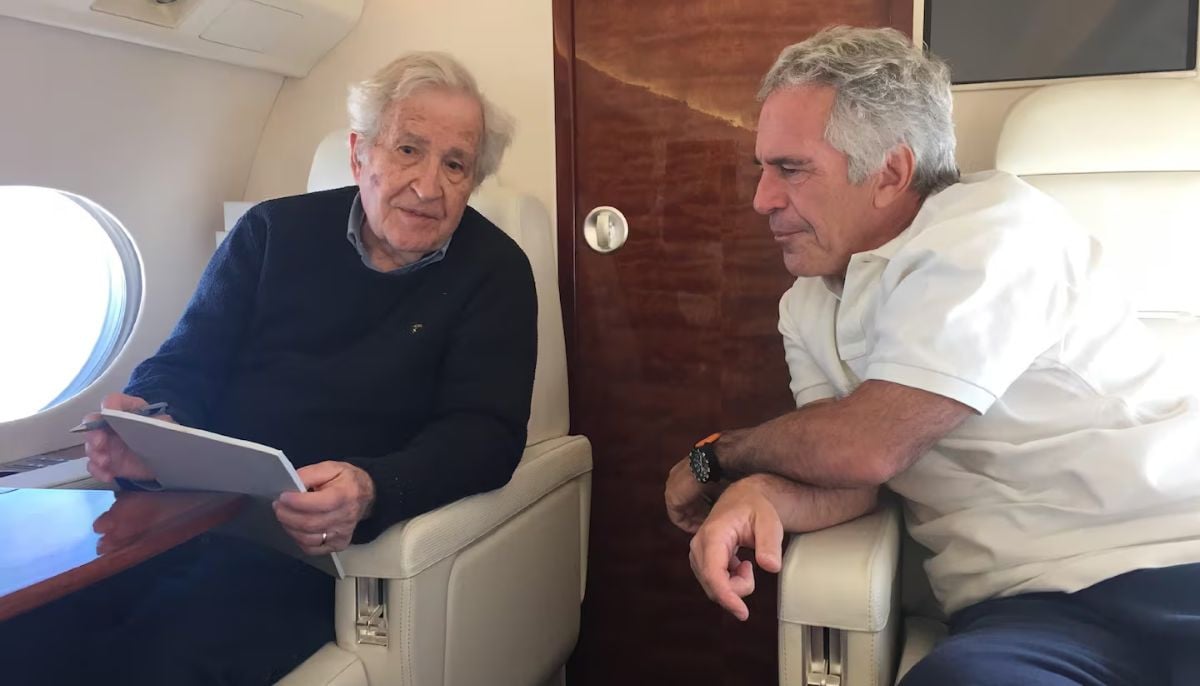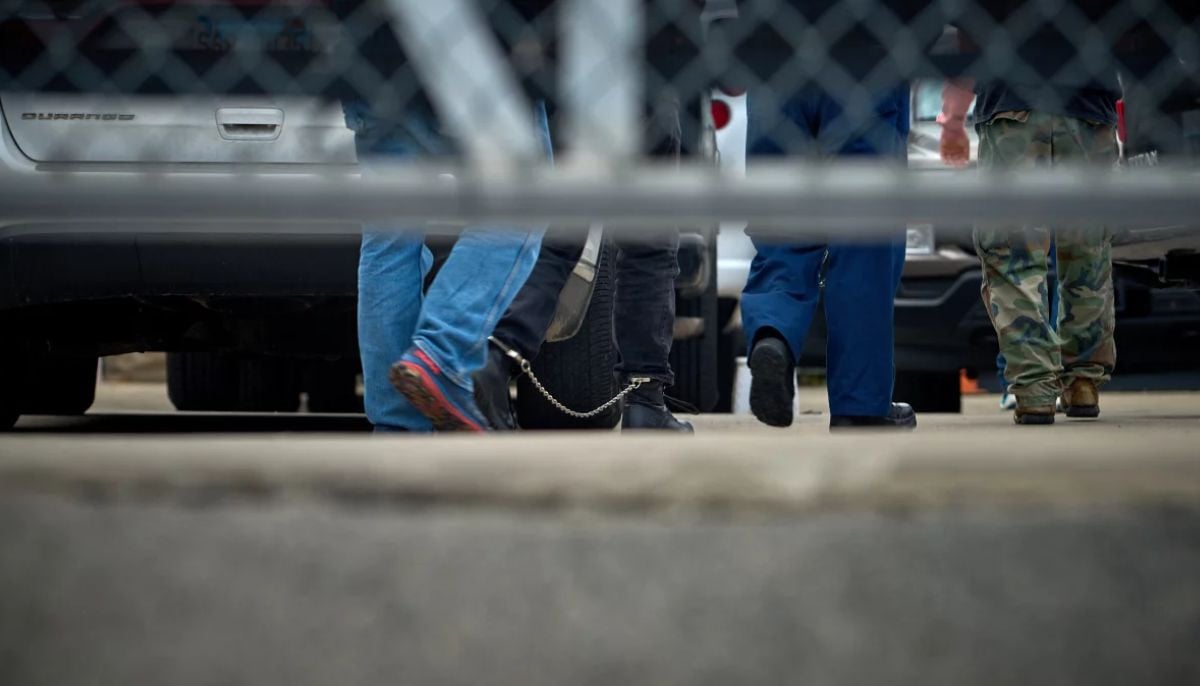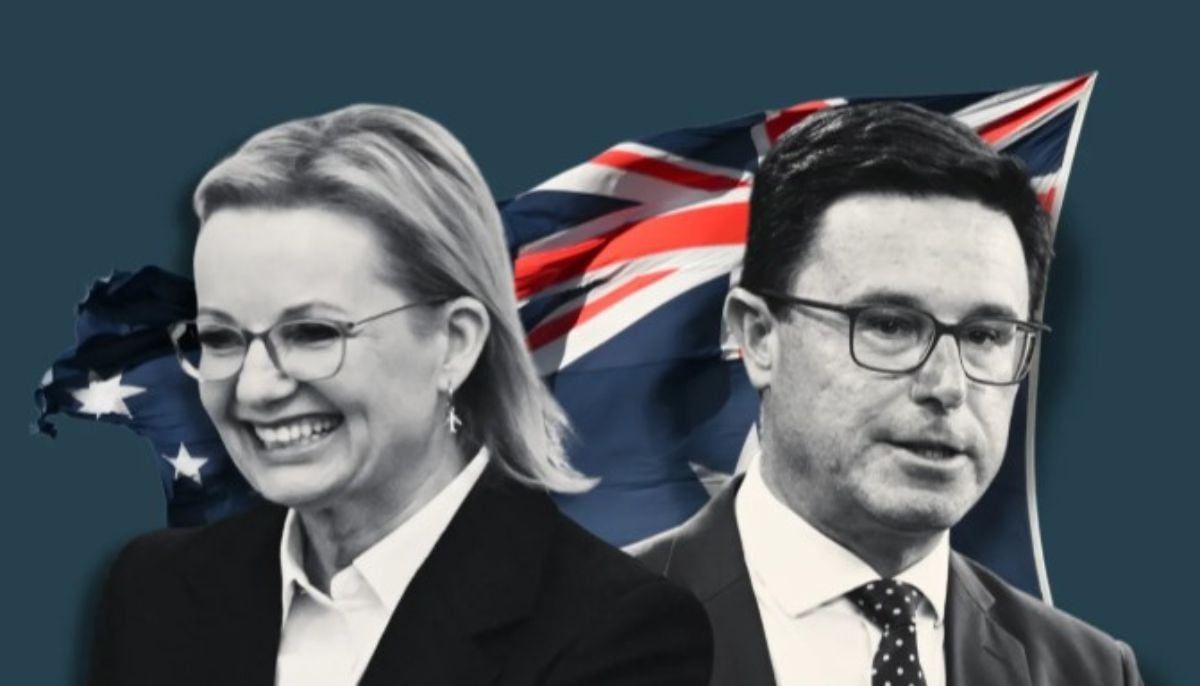Trump slaps 29% duty on Pakistan, signs executive order for reciprocal tariffs
Trading partners are expected to respond with countermeasures of their own that could lead to higher prices for everything
WASHINGTON: US President Donald Trump has stepped up the trade war by introducing a baseline 10% tariff on all imports, higher duties on major trading partners, and a 29% tariff on Pakistan, accusing the country of charging a 58% tariff on US goods.
In his remarks, President Trump said, "Pakistan has been charging us a 58% tariff on our goods. Hence, we are imposing a 29% tariff on their products."
Later, he signed an executive order that closes a trade loophole used to ship low-value packages duty-free from China, known as "de minimis," an aide said.
The sweeping duties would create new barriers around the world's largest consumer economy, reversing decades of trade liberalisation that have shaped the global order. Trading partners are expected to respond with countermeasures of their own, which could lead to significantly higher prices for everything from bicycles to wine.
"It's our declaration of independence," Trump said at an event in the White House Rose Garden.
Trump displayed a poster listing reciprocal tariffs, including 34% on China and 20% on the European Union, as a response to duties imposed on US goods.
Other details were not immediately clear as Trump continued making remarks that echoed his longstanding complaints that US workers and companies are harmed by global trade.
The uncertainty has unsettled financial markets and businesses that have relied on trade arrangements in place since 1947.
The administration has stated that the new tariffs will take effect immediately after Trump announces them, though the official notice required for enforcement has not yet been published.
However, the administration has released an official notice confirming that a separate set of tariffs on auto imports, announced by Trump last week, will take effect from 3 April.
Trump has already imposed 20% duties on all imports from China and 25% duties on steel and aluminium, extending them to nearly $150 billion worth of downstream products.
His advisers argue that the tariffs will restore strategically vital manufacturing capabilities to the United States.
External economists have warned that tariffs could slow the global economy, heighten the risk of recession, and increase the cost of living for the average US family by thousands of dollars. Businesses have voiced concerns that Trump’s continuous tariff threats have made it difficult to plan their operations.
Tariff concerns have already slowed manufacturing activity across the globe while also driving a surge in auto and other imported product sales, as consumers rush to buy before prices rise.
-
'We were deceived': Noam Chomsky's wife regrets Epstein association
-
Martha Stewart on surviving rigorous times amid upcoming memoir release
-
18-month old on life-saving medication returned to ICE detention
-
Cardi B says THIS about Bad Bunny's Grammy statement
-
Chicago child, 8, dead after 'months of abuse, starvation', two arrested
-
Funeral home owner sentenced to 40 years for selling corpses, faking ashes
-
Australia’s Liberal-National coalition reunites after brief split over hate laws
-
Savannah Guthrie addresses ransom demands made by her mother Nancy's kidnappers

